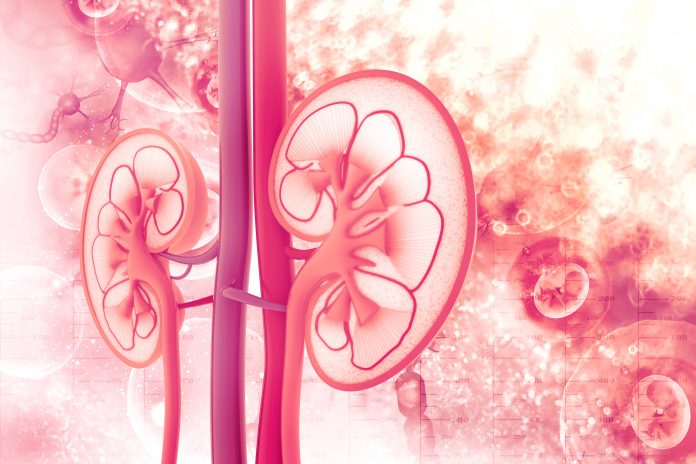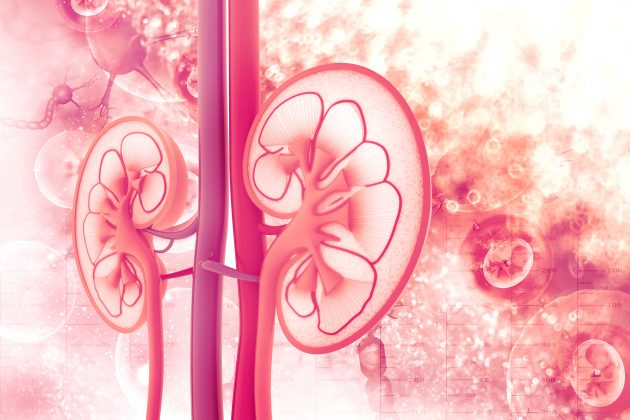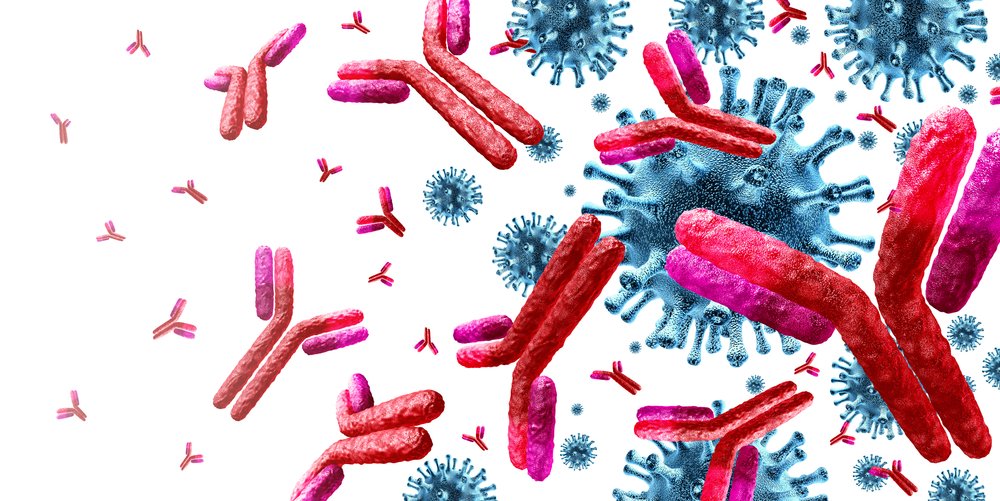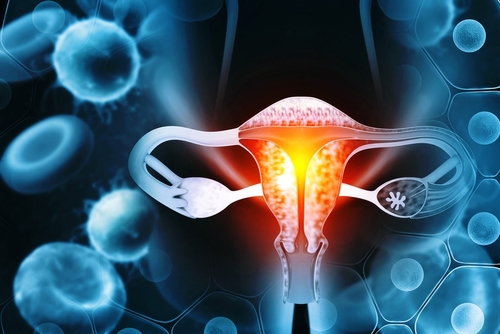Patients with chronic kidney disease (CKD) are commonly advised to restrict dietary potassium intake to treat and prevent hyperkalemia. However, high potassium intake, such as recommended in the DASH dietary pattern, has been associated with improvements in blood pressure, and foods high in potassium often contain other important nutrients.
The 2020 Kidney Disease Improving Global Outcomes guidelines designated the evidence related to restriction of dietary potassium insufficient to provide a graded recommendation regarding dietary potassium restriction, and provided only an opinion level recommendation to adjust intake to maintain levels of serum potassium. Melanie Betz, MS, RD, CSR, and Milda Saunders, MD, conducted an analysis to assess the relationship between potassium intake and serum potassium levels. Results were reported during the NKF virtual Spring Clinical Meetings 2021 in a poster titled Dietary Potassium Does Not Correspond to Hyperkalemia.
Participants in a previously published study completed the online Food Frequency Questionnaire (FFQ). The researchers of the current study used data from the FFQ to determine nutrient and food intake (measured in MyPyramid equivalents). Laboratory data were obtained from medical records. Hyperkalemia was defined as one or more instances of potassium ≥5.3 mEq/L in the previous year.
Of the 63 patients who completed the FFQ, 52% were male and 60% had CKD stage 3. Average glomerular filtration rate was 31 mL/min/1.73 m2, average serum potassium level was 4.5 mEq/L, and 27% had a history of hyperkalemia. Average potassium intake was 1851 mg.
There was no correlation between potassium intake and serum potassium. Patients in the top 50th percentile were not more likely to have hyperkalemia than those in the bottom 50th percentile (52.9% vs 47.0%, respectively). Patients in the top 50th percentile of whole grain intake were less likely to have hyperkalemia than those in the bottom 50th percentile (23.5% vs 60.9%, respectively; P=.01).
In a subanalysis of patients with CKD stage 4 or 5 (n=25), dairy, potatoes, and tomatoes were inversely correlated with serum potassium.
In conclusion, the authors said, “In patients with CKD, dietary potassium did not correlate with serum potassium or hyperkalemia. In patients with advanced CKD, higher intake of commonly limited high potassium foods was associated with reduced serum potassium. While we cannot exclude confounding by indication, nutritional management of hyperkalemia should be revisited. Nutrition-related factors that can exacerbate hyperkalemia such as acidosis, constipation, and blood sugar should be considered for hyperkalemia management, rather than the traditional approach of limiting higher potassium fruits, vegetables, and whole grains.”
Source: Betz M, Saunders M. Dietary potassium does not correspond to hyperkalemia. Abstract of a poster presented at the National Kidney Foundation virtual Spring Clinical Meetings 2021 (Abstract #337), April 9, 2021.
Credit: Original article published here.









